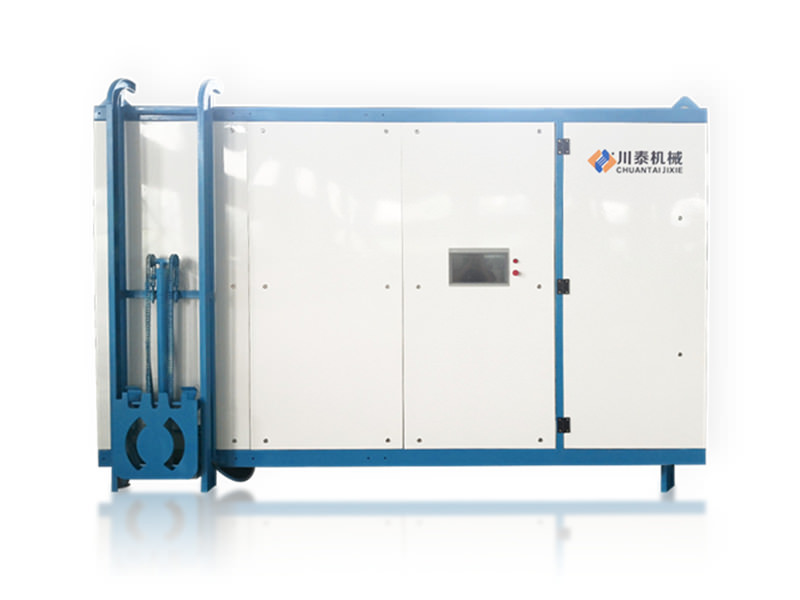
Food waste press dewatering machines play a crucial role in addressing the global challenge of food waste by efficiently reducing moisture content in organic waste materials. These machines utilize advanced technology to extract water from food waste, resulting in a more compact and manageable residual product. In this article, we will delve into the technical features of food waste press dewatering machines and explore their significance in sustainable waste management.
One key technical aspect of these machines is their innovative design, incorporating robust press mechanisms that exert high pressure on the food waste. This pressure facilitates the separation of water from the organic matter, leading to a significant reduction in moisture content. The efficiency of this process is enhanced by the use of precision-engineered components, ensuring a thorough dewatering of the waste material.
The integration of advanced control systems is another noteworthy feature of these machines. Automated controls enable precise monitoring of the dewatering process, allowing operators to optimize settings for different types of food waste. This adaptability ensures that the machine can effectively handle a variety of organic materials, ranging from fruit and vegetable peels to kitchen scraps.
Furthermore, food waste press dewatering machines often incorporate energy-efficient technologies. This includes the utilization of high-performance motors and energy recovery systems that minimize power consumption during operation. The implementation of sustainable practices in the design of these machines aligns with the broader goal of reducing the environmental impact associated with waste management processes.
In terms of material handling, many of these machines are equipped with user-friendly features such as loading hoppers and conveyor systems. These additions streamline the feeding of food waste into the dewatering chamber, optimizing the overall efficiency of the process. Additionally, safety measures are integrated to ensure secure operation, minimizing risks associated with handling and maintenance.
The versatility of food waste press dewatering machines extends to their size and capacity options. Manufacturers offer a range of models tailored to the specific needs of different facilities, whether it be a small-scale restaurant or a large food processing plant. This adaptability makes them a practical choice for businesses looking to implement sustainable waste management practices tailored to their scale of operations.
In conclusion, the technical features of food waste press dewatering machines make them indispensable in the effort to combat food waste. Their innovative design, advanced control systems, energy efficiency, and user-friendly features collectively contribute to a more sustainable and effective approach to organic waste management. As global awareness of the importance of responsible waste disposal grows, these machines stand as crucial tools in the pursuit of a greener and more environmentally conscious future.

 TEL:+86 15336363999
TEL:+86 15336363999
 WeChat:gongchris1111
WeChat:gongchris1111
 ADD:Fangzi District, Weifang City, Shandong Province, China
ADD:Fangzi District, Weifang City, Shandong Province, China